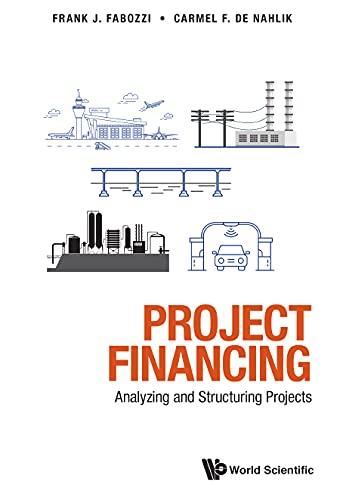Question
Mason, Inc. has two bond issues outstanding, called Series A and Series B, both paying the same annual interest of $95. Series A has a
Mason, Inc. has two bond issues outstanding, called Series A and Series B, both paying the same annual interest of $95. Series A has a maturity of 12 years, whereas Series B has a maturity of 1 year.
3a_1. When the going interest rate is 5 percent, the value of Series A bonds would be $_______ (Round to the nearest cent.)
3a_2. When the going interest rate is 9 percent, the value of Series A bonds would be $_______ (Round to the nearest cent.)
3a_3. When the going interest rate is 12 percent, the value of Series A bonds would be $_______ (Round to the nearest cent.)
3b_1. When the going interest rate is 5 percent, the value of Series B bonds would be $_______ (Round to the nearest cent.)
3b_2. When the going interest rate is 9 percent, the value of Series B bonds would be $_______ (Round to the nearest cent.)
3b_3. When the going interest rate is 12 percent, the value of Series B bonds would be $_______ (Round to the nearest cent.)
3c. Why does the longer-term (12-year) bond fluctuate more when interest rates change than does the shorter-term (1-year) bond? (Select the best choice below.)
Step by Step Solution
There are 3 Steps involved in it
Step: 1

Get Instant Access to Expert-Tailored Solutions
See step-by-step solutions with expert insights and AI powered tools for academic success
Step: 2

Step: 3

Ace Your Homework with AI
Get the answers you need in no time with our AI-driven, step-by-step assistance
Get Started


